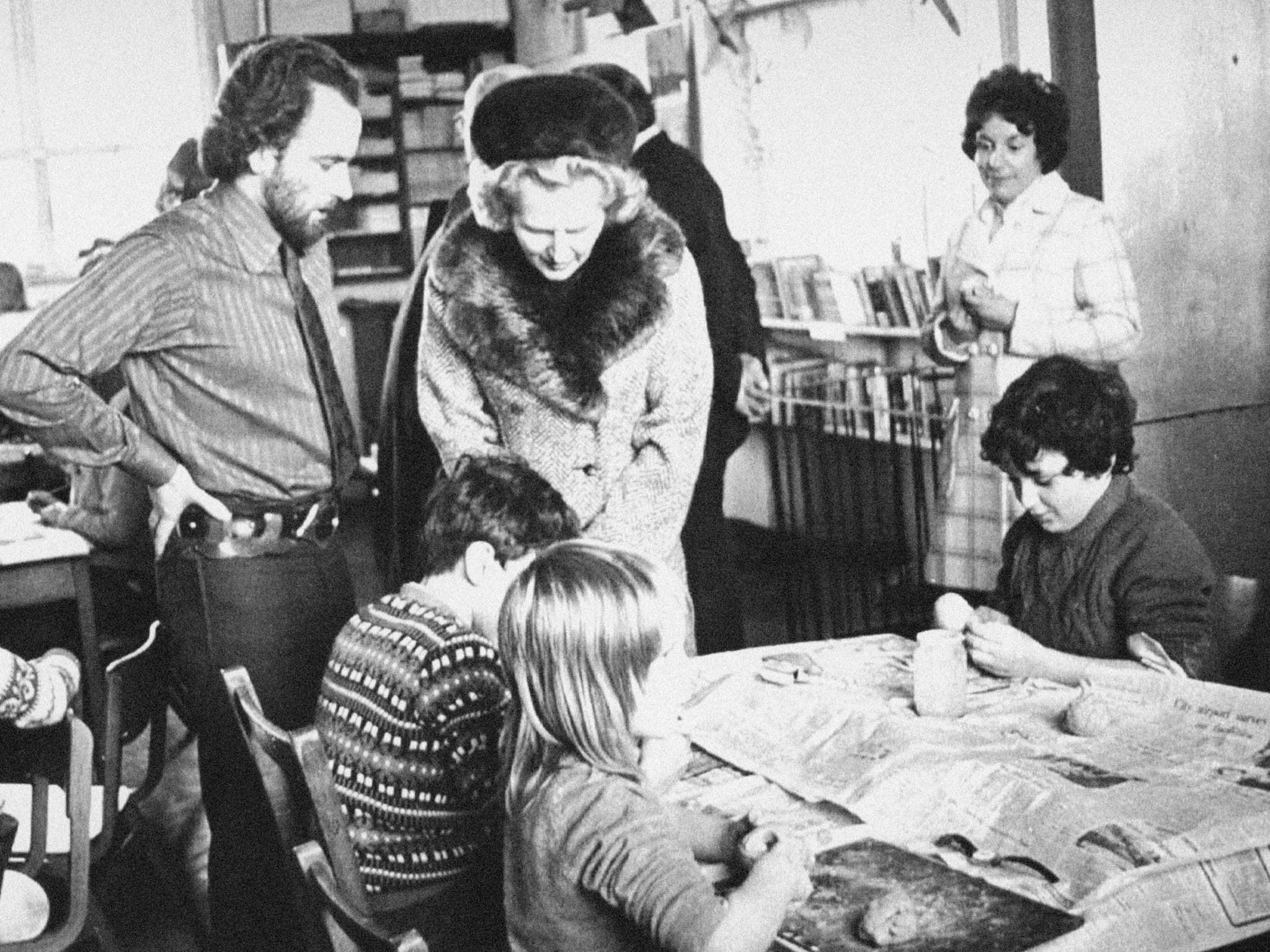Review: The Real Iron Lady - Working with Margaret Thatcher, By Gillian Shephard
Why the grocer's daughter turned into the Iron Lady

Theresa May's recent savage treatment at the hands of her (mostly male) colleagues for daring to hold Conservative leadership ambitions is a timely reminder of just what women face in politics – even in the 21st century. Margaret Thatcher's achievement in rising to the top some 40 years ago becomes, in retrospect, ever more extraordinary. Sexism was more overt then, but is it much less pernicious now?
May, and any other women out there with designs on Downing Street, would do well to read Gillian Shephard's collection of testimonies from 36 friends and former colleagues of the realities of Thatcher's working life. Although clumsily assembled and repetitive at times, it paints a compelling picture of how the sniggering and disrespect of male colleagues in her early days of power contributed in great part to the creation of the warrior-queen version of Thatcher demonised ever since.
The "housewifely" habit of making tea or coffee for colleagues in her early days as PM, which prompted a schoolboyish snorting behind her back, was of necessity abandoned in favour of handbaggings, real or imagined. And there are times in Shephard's book that any historic fury at Thatcher gives way (even if only temporarily) to anger on her behalf. The apparently genial Jim Prior was just one of her ministers who said openly that he found it "very difficult to stomach" being led by a woman. She encountered snobbery too, not least from the lofty French president Valéry Giscard d'Estaing who took pleasure in referring to her as "la fille de l'épicier".
In these circumstances, being a caring or fragile woman was hardly going to work, at least in public – although there are plenty of incidents in the book that reveal Thatcher's private solicitude. (Particularly striking is when, after a late night session on a speech, she runs her adviser's bath for her and puts a hot water bottle in her bed).
The lesson from Shephard's account, though, is that just to survive, Thatcher had to sleep less, work harder, brief more, and argue better than anyone else. In short, she had to out-tough the men, and in the end there were casualties, not least, on occasion, her own humanity. The warm flirtatiousness of her early days, the woman who relied on hard work, courtesy and her "lucky" pearls, froze into a strident imperiousness. It may have started as an act, but there seems to have been a stage in the mid-1980s when the act became the reality. Three large whiskies became props in sustaining the legendary persona.
Thatcher was notorious for not promoting other women – indeed the picture on the book's cover depicting her otherwise all-male 1983 Cabinet is a case in point. Shephard herself made it to Education Secretary under John Major, but was still a junior minister under Thatcher. But there were times when Thatcher stuck up for women in general, advising the Treasury time after time that Child Benefit "is the only benefit which goes direct to the mother. It is hers for her children, and it must not be touched." Self-proclaimed "Thatcher's Children" in power now, please take note.
Sonia Purnell is the author of Just Boris: A Tale of Blond Ambition (Aurum Press, £8.99)
Subscribe to Independent Premium to bookmark this article
Want to bookmark your favourite articles and stories to read or reference later? Start your Independent Premium subscription today.

Join our commenting forum
Join thought-provoking conversations, follow other Independent readers and see their replies